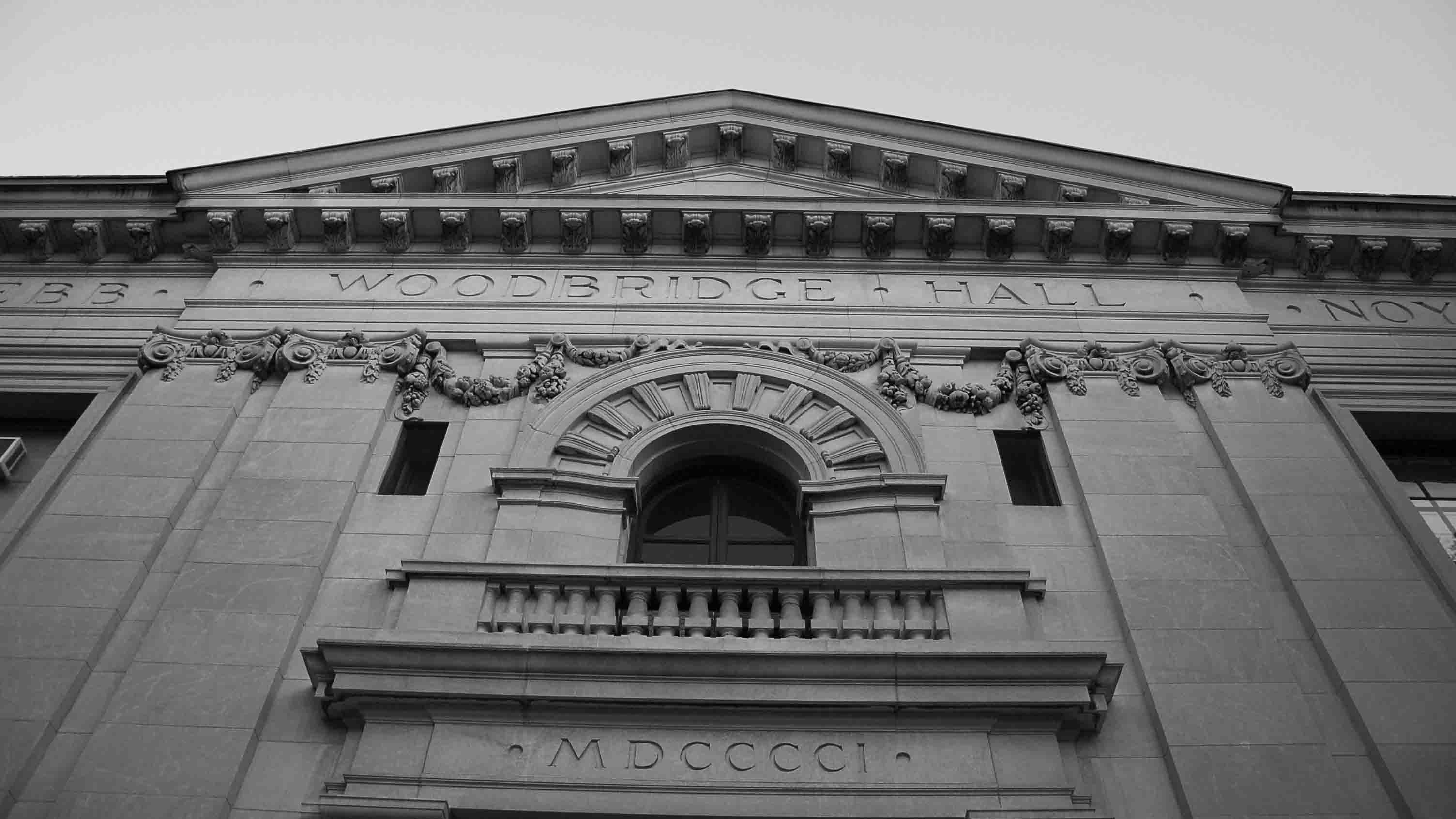
Aydin Akyol
The announcement that the Yale Corporation will meet regularly with campus groups starting this April — one of several new initiatives unveiled on Monday that aims to make the body more transparent and accessible — marks another victory for student activists, just weeks after the long-awaited renaming of Calhoun College.
But the initiatives announced by the Corporation, which range from a new website listing the dates of its five annual meetings to informally changing the group’s name from the “Yale Corporation” to the “Board of Trustees,” are drawing scrutiny from students who demanded greater transparency from the trustees last year and who hoped the body would commit to releasing the agendas and transcripts of its meetings. At public universities such as the University of California or the University of Connecticut, those materials are publicly available.
Nathan Lobel ’17, the policy coordinator for Fossil Free Yale, said the Corporation should release the minutes and agendas and also invite students, faculty and staff representatives to participate in its meetings.
“I haven’t heard a good reason why the Corporation shouldn’t actually do that,” Lobel said. “Do I think that they will do it? People in power don’t usually like to give it up readily.”
Sohum Pal ’20, a staff writer for DOWN Magazine, said yesterday’s announcement, coupled with the recent decision to change Calhoun to Hopper, represents a significant milestone for campus activists. But he rejected the argument that confidentiality is essential to the Corporation and said its members must do more to be held fully accountable to Yale students.
“Many of the changes are largely cosmetic, so I don’t think we can stop pushing,” Pal said. “I don’t agree that they can’t speak in complete candor while also letting students know what’s on the agenda. There shouldn’t be anything where we shouldn’t know what’s going on at this University that we’re paying to attend and that we have a huge stake in.”
Corporation leaders argue that those policies, including a rule that the minutes from its meetings must remain sealed for half a century, are necessary because they allow fellows to speak openly in the boardroom. In an interview on Tuesday, University President Peter Salovey told the News that the board makes trade-offs designed to give the community a voice in the administrative process while maintaining “a decision-making environment that encourages an extremely long-term perspective.”
“Those kinds of issues have been raised from time to time for as long as I’ve been at Yale, and I’m sure even before then,” Salovey said. “A certain level of confidentiality and protection from short-term considerations is necessary to allow [trustees] to do their work.”
The new initiatives are the brainchild of senior fellow Donna Dubinsky ’77, who has spent her career in Silicon Valley and currently runs the machine intelligence company Numenta.
Since taking charge last year, Dubinsky has made transparency a top priority for the trustees, reviewing best practices at other universities and meeting with students and faculty to discuss potential strategies to make the board more accessible. Salovey said Dubinsky was “a strong advocate for these changes” over the course of months of discussions.
In an interview with the News, Dubinsky called the initiatives, which she presented to the board in December, “a passion of mine” that she remains deeply invested in carrying out.
“You always need to give some credit to people speaking out, and I think people speaking out on this question definitely has an impact when you decide how to prioritize what to put your work into,” Dubinsky said. “But it also takes somebody who wants to play a leadership role in making it happen, so I think it’s a combination of people speaking up and somebody willing to respond to that moving forward.”
But after discussing the downsides of a possible change, the board chose to keep agendas and minutes secret because publishing the materials might lead to “misimpressions” about the topics under discussion, Dubinsky said. Instead, Salovey will brief the local media on a selection of meeting highlights the week after the trustees gather on campus.
The brewing debate over transparency at Yale echoes similar discussions about the role of boardroom secrecy outside academia. In the corporate world, many companies are engaged in “robust discussion” about how much information to publicly disclose, said Marcel Bucsescu, the executive director of the Ira M. Millstein Center for Global Markets and Corporate Ownership at Columbia University.
“There are many that think that more disclosure is good, but where you then have to strike the balance is people have limited time and limited research — How do you know that they’re getting effective disclosure, the disclosure they need to make the right decisions for themselves?” Bucsescu said. “It’s not a question of 100 percent transparency or not. There are gradations, and you’ll see a lot of gradations across different companies.”
Former University Secretary John Wilkinson ’60 GRD ’63 — who was in charge of recording the board minutes when he worked in Woodbridge Hall in the 1980s — said he was not surprised that the Corporation will continue meeting in secret. But he urged students to take advantage of the new initiatives, especially the promise that the board will sit down with campus groups before meetings.
“I spent four years as an undergraduate, I didn’t give a single thought to the Corporation or how Yale was governed,” Wilkinson said. “I just hope that the community will avail themselves of the opportunity.”







